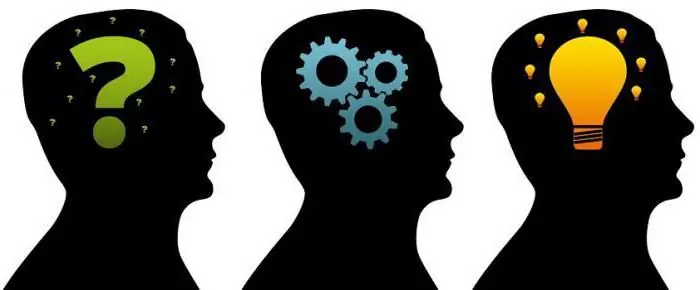2026 Author: Priscilla Miln | miln@babymagazinclub.com. Last modified: 2025-01-22 17:55:13
The goals of education are the main issue of pedagogy, which determines the content, methods and results of the impact on the child. It is on their right choice that it depends how a person will grow up, what personal qualities and character he will have.
What is the purpose and objectives of education
First you need to figure out what these concepts mean. It is generally accepted that the goal is the result you are striving for. The tasks, in turn, answer the question of what actions can be used to achieve this.
Any upbringing is always aimed at something, regardless of whether it is expressed in the smallest acts or large-scale government programs. The impact on the child is continuous, constantly directed to the future and implies a certain outcome.

The goal of upbringing is a predictable result in preparing the younger generation for life in society, in its formation and personal development. It can be achieved by the teacher in the course of his work only through the implementation of more specific tasks.
For example, a teacher wants to raise awarenessstudents about HIV infection. That is, as a result, the guys should have an idea about this disease. To do this, the teacher will need to solve several problems: tell what HIV infection is, how it is transmitted, how infection can be prevented, introduce examination options, and also check the level of assimilation of the material.
As you can see, if you correctly define the goals and objectives of education, you can competently build your work. This will make it possible to understand what qualities, skills and abilities to promote, as well as what knowledge to form.
General and individual educational goals
If we talk about the goals of education, then first of all, individual and general are distinguished. The humanistic direction in pedagogy advocates their combination and unity, which, of course, is correct and necessary in the learning process.
The purpose of education is common if it is aimed at shaping the qualities of all people. We can say that this is a kind of social order to prepare the younger generation to perform certain functions that society needs most at this stage of development. It is also called the goal-ideal, which combines political, economic, legal, biological, moral and aesthetic ideas about a harmoniously developed, perfect person and his significance in social life.

The individual goal of education is the development of a certain, single individual. This is emphasized for the reason that each person is unique andunique, with its own special set of capabilities and aspirations. That is why it is important to select the line of development individually.
A person as a member of society depends on him, obeys his laws, norms and requirements. Therefore, a prerequisite in determining the result of education is the combination of individual and common goals.
Factors determining the choice of the purpose of education
First of all, the choice of the goal of education determines the need of society for people of a certain type. On the other hand, the result of the impact on the child will reflect the achieved level of development of society. The proof is the fact that various socio-economic formations had their own goals of education. We will illustrate this by the example of changing priorities in such eras as primitive communal, slave-owning, feudal and capitalist.
Thus, in prehistoric society, all children were taught to cook food, make clothes and hunt animals. That is, the goal of education was reduced to arming with knowledge and skills that are simply necessary for survival. Under the slave system, the role of the owner was a priority, noble children were taught to conquer other people's lands and defend their own. Ordinary people brought up their generation, based on the value of humility and physical labor. In the era of feudalism, the qualities of a gentleman and a knight-virtue were instilled. The period of capitalism developed active and active people-entrepreneurs. At the same time, such eternal values as goodness, truth and beauty were highly valued at all times.
Also mostlythe goal of education is determined by the policy and ideology of the state. In any country, the development of a child is always aimed at strengthening the existing social relations. In addition, the choice of educational goals is influenced by social development, scientific and technological progress, the possibilities of educational institutions and the formation of pedagogical science. In addition to these factors, mental maturation and physiological characteristics of a person are of considerable importance.

All this, of course, simply needs to be taken into account in the work of a teacher and in determining the result of a child's development.
Modern educational goals
Based on the above, it became clear what kind of citizen they wanted to get in a particular era. But what about the purpose of education in today's world?
Currently, the emphasis is on the humanistic direction. According to him, it is necessary to create conditions for the formation of a comprehensively developed and harmonious personality. It is she who today is the guideline for formulating the goals and objectives of pedagogy.
The humanistic direction believes that for comprehensive development it is important to focus on mental, physical, labor, economic, moral, environmental and aesthetic education.
The growth of the child in intellectual terms can be called key. It was the mind that helped mankind to separate from the animal world, create all the benefits of civilization and ensure socio-economic progress. In the course of mastering knowledge, children acquire certain skills and abilities, learn to understandsurrounding reality, natural phenomena, try to build their lives, using in practice the theoretical information received.
Also an important goal of education is physical development. It promotes he alth and the formation of such qualities as courage, discipline, perseverance, determination and responsibility. Labor education instills a love for any work, be it domestic or professional. Knowing the basics of environmental disciplines will help save the environment and help children understand how to reduce the consumption of natural resources.

Aesthetic education develops the ability to create beauty around you with your own hands. At an early age, children form views, tastes and ideals, which are based on national characteristics and the achievements of civilization. The purpose of moral education is the creation of a highly moral person who understands the beliefs, habits of behavior and norms accepted in society. It is important to teach children to respect society, people, themselves and work. The younger generation should appreciate honesty, responsibility, decency, mercy and other qualities that a citizen of the country should have.
The tasks of education in an educational institution
The goal is achieved by solving certain problems. The field of education plays an important role in the upbringing of children. The challenges facing preschools are:
- Protecting life, strengthening mental and physical he alth.
- Conductremedial classes to eliminate developmental deficiencies.
- Raising children in an age-appropriate way, love for nature, family, homeland, citizenship and respect for others.
- To carry out harmonious development in different directions: cognitive-speech, physical, social-personal and artistic-aesthetic.
- Interact with the families of children and provide them with advice for the full formation of children.
The goals and objectives of upbringing school education are as follows:
- Introducing students to the national culture, values of the people, language, customs and traditions.
- Development of physical data, instilling love for a he althy lifestyle.
- Creating conditions for professional self-determination of children.
- Prevention of crimes and offenses by minors.
- Promoting the manifestation of the potential of gifted children.
- Supporting independence, initiative and creativity of schoolchildren through the creation of children's movements and student self-government.
- Carrying out educational work through the interaction of teachers, students and parents.

It is worth noting that the solution of these problems is relevant for any age group. However, the content and priority of the goal of education and upbringing differ in different periods of school life.
What are the challenges of raising a family?
Perhaps no one doubts that the family has the strongest influence on the upbringing of a child. ATsurrounded by close people, parents and relatives, all personal qualities are formed.
Family education is a complex system, as a number of factors are of great importance. These are the biological he alth of parents and the child, heredity, material and economic condition, social status, lifestyle, place of residence, family relationships. In each individual case, all these factors manifest themselves in different ways and are intertwined in a unique chain, creating specific conditions for education. Based on this, we can say that families understand the goals of education in their own way. This, unfortunately, is not always the right view, and it often harms children.
Family as a cell of society must perform several functions in order for the child to grow up as a he althy and complete person:
- Creating maximum conditions for the development of children.
- Socio-economic and psychological protection of the child.
- Teaching useful skills that are aimed at helping loved ones and self-care.
- Sharing successful family and parenting experiences.
- Formation of self-esteem and self-worth.
When implementing these tasks in the family, it is important for parents to remember that children's potential can be most fully revealed through the use of activities that are attractive to the child.
Principles of parenting
What is a principle? This is the initial or fundamental position that the teacher is guided by when he organizes the process of education. The goal is predetermined andit cannot be achieved unless certain principles are followed.
So, what should a teacher be guided by in their activities?
- Purposeful impact on the child.
- Personal approach to everyone.
- Carry out nurture while learning.
- Take into account age and individual characteristics.
- Make demands but respect the child's personality.
- Connect education with life.
Teachers and parents in the implementation of the principles, goals and objectives can use different methods of education.

What are parenting methods
Let's start with the definition of this concept. Methods are specific ways and ways of influencing behavior, consciousness, will and feelings. In another way, we can say that these are methods of managing activities, in the process of which the development and self-realization of the individual is carried out. These are some moves that help achieve a given goal. Education methods must be used wisely. The right choice guarantees success, a successful result.
Factors of parenting choices
- Goals and objectives of child development.
- The content of the educational process.
- Accounting for age and personality traits. The same goal can be achieved by different methods depending on the maturity of the pupil.
- Allotted deadlines. With limited time, tough methods are used that will take effect quickly.
- Pedagogical literacy. The teacher or parents shouldrely on your knowledge and choose only those methods with which you are familiar, in which you are completely confident.
- Expected consequences. When choosing a method, one must be able to foresee the result to which it can lead. In case of an unfavorable outcome, it is necessary to abandon the method of influencing the child and find another way that would help to achieve the goal of educating a person.
- The conditions of upbringing. These include the style of influence, the climate in the team and other factors.
Parenting Methods
Traditionally, there are four groups of methods: persuasion, accustoming (exercises), stimulating activity and self-education. Let's consider each type in more detail.
Persuasion methods involve the conscious perception of certain values, which forms personal beliefs, attitudes, ideals and influences the development of relationships. With this method of influence, the following techniques are used: exhortation, story, clarification, conversation, instruction, advice, suggestion and demand.
Training is a repeated repetition of any action with awareness of the results and purpose of education. This, as the great teacher A. S. Makarenko wrote, is an exercise in the right deed. To do this, you need to regularly do the same thing so that the action becomes a habitual form of behavior. In the course of his life, a child develops many habits. And the good ones need to be encouraged and turned into personality traits. For the development of young children, it is important to use game situations in which participants can understand the essence of what is happening and try themselves in different roles.
When stimulating activity, it is important to show perspectives, create a mood of joy and expectation of reward as a result of activity. With this method of education, several methods can be used. These are encouragement (praise, giving something material), punishment (disapproval, censure, remark, condemnation, reprimand) and competition.

Self-education is the main way of development
This method is associated with situations where the child himself learns to understand what the main goal of education is, to set it for himself, to foresee the results and move towards them. Children just need to be encouraged to develop in this way. A person is initially active from birth and is capable of self-education. By implementing it, the child can self-learn, self-educate and improve himself.
To help children in this difficult task, teachers and parents only need to outline a general plan and individual actions in the work. In doing so, it is important to emphasize self-esteem, introspection, self-control, self-report and personal commitment. With this method of upbringing, a child develops moral and volitional qualities of a person, which will greatly help in life in the future.
Summing up, we can say that the leading place in the development of children is occupied by tasks, goals, principles and methods. Their correct choice will help to form a harmonious and well-rounded personality.
Recommended:
Education technology is The concept, features, new methods, goals and objectives
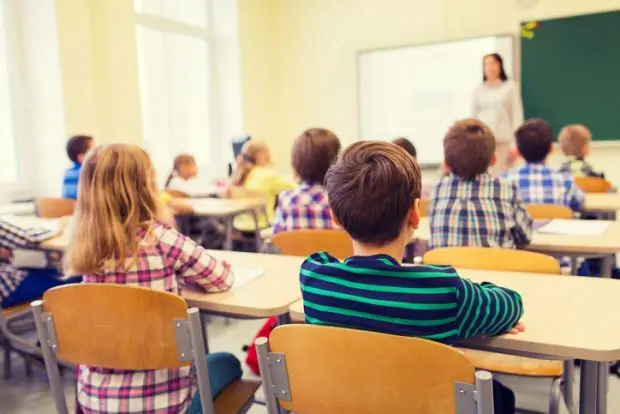
Education technology is a special system of methods, procedures and techniques of educational activities, where teachers hone their skills. Thus, the level of preparation of the teacher and educator is displayed. If his methods work in practice, it means that he has reached a certain level of skill
Principles, methods and goals of patriotic education of children

Every child should appreciate, respect and love not only their parents, but also the country. Therefore, it is so important to understand the goals of patriotic education. Such a formation of personality depends on parents and teachers at school
Sexual education of children: methods and features of education, problems
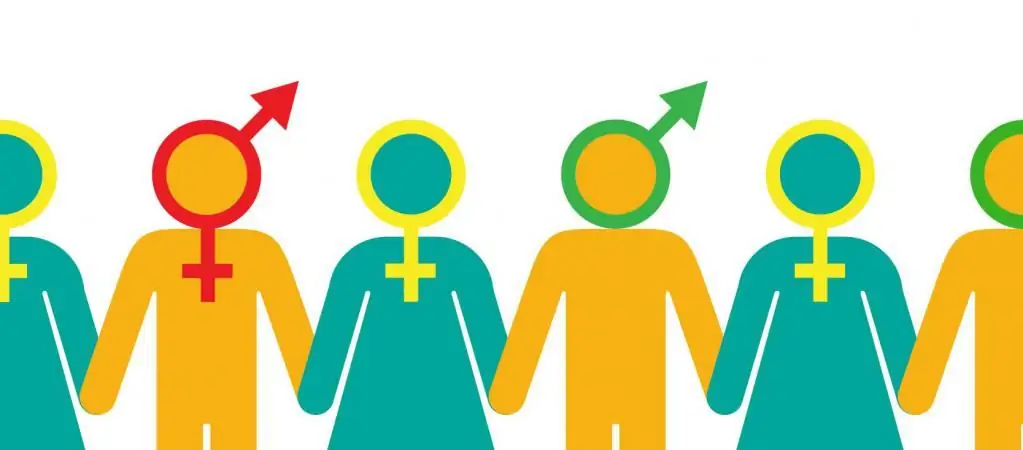
Sexual education of children is a topic that is usually avoided. Parents try not to talk about taboo topics and hide from the growing child everything that somehow suggests the topic of relations between a man and a woman. Of course, in this way they try to protect him from information that is difficult to accept and analyze. And everything would be fine, but very often the parents’ idea that “it’s still early” is not true
The concept of spiritual and moral education: definition, classification, stages of development, methods, principles, goals and objectives
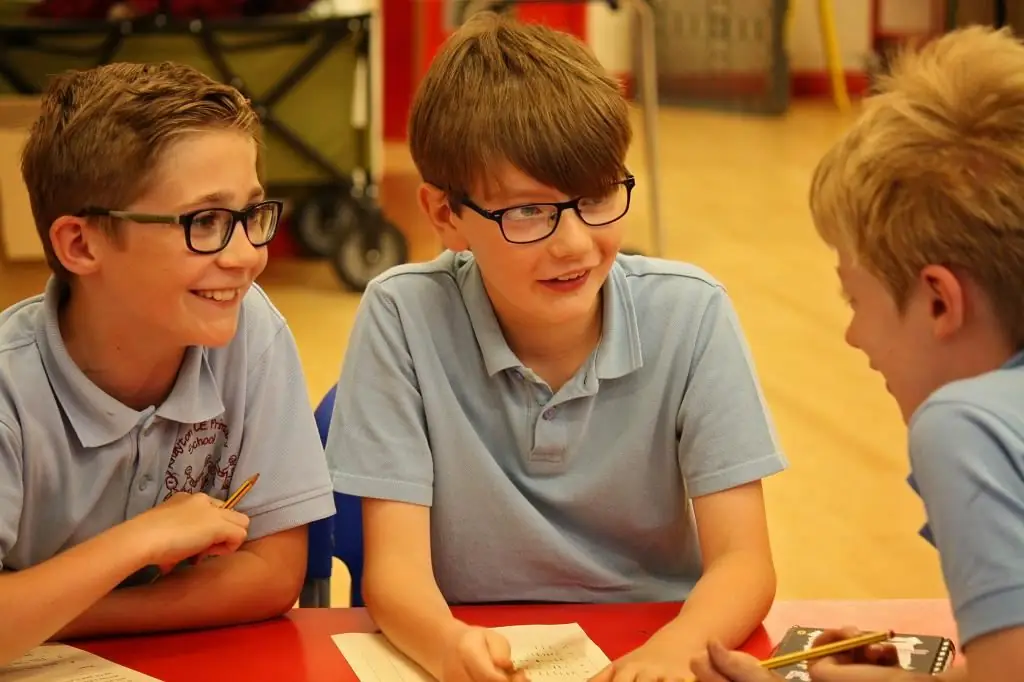
Definition of the concept of spiritual and moral education, ways of developing the education system and its main sources. School activities and development outside of school, the influence of family and close circle
Physical education: goals, objectives, methods and principles. Principles of physical education of preschool children: characteristics of each principle. Principles of the system o
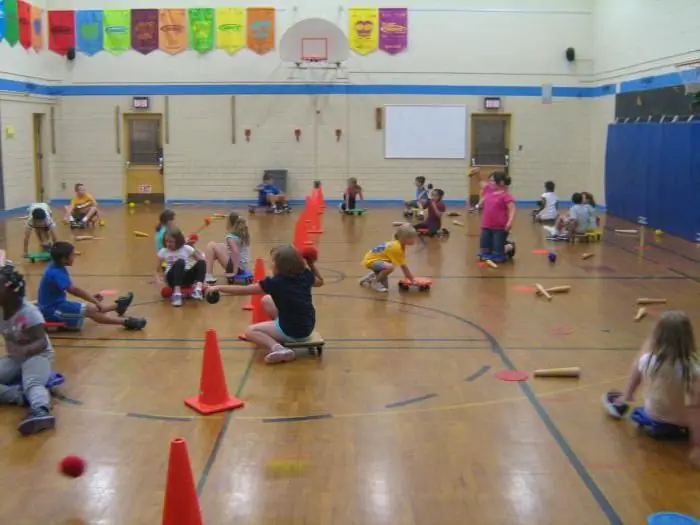
In modern education, one of the main areas of education is physical education from an early age. Now, when children spend almost all their free time on computers and phones, this aspect becomes especially relevant

